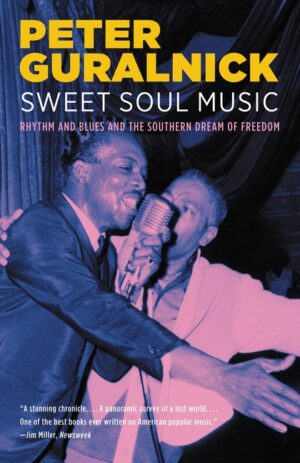"The rise of digital sampling is one of the most important musical development of the late twentieth century. Nate Patrin's Bring That Beat Back is a rollicking, wide-ranging, and immensely readable history of sample-based music-making: its origins, its golden ages, and its enormous role in shaping modern popular music. This book is a must-read for hip-hop obsessives and casual listeners alike."–Jack Hamilton, author of Just around Midnight: Rock and Roll and the Racial Imagination
"Much like the art of sampling itself, Nate Patrin deftly weaves pieces of history and criticism together to create a compelling new message. Bring That Beat Back is a masterful, scholarly analysis that illustrates just how essential sampling has been to the development of hip-hop and lifts up the oft-overlooked DJs and producers who paved the way for our genrefluid future."–Andrea Swensson, author of Got to Be Something Here: The Rise of the Minneapolis Sound
"The painstaking attention to detail and droves of obscure yet essential information will make this book hard for the beat obsessive and music history buff to put down. The wealth of information won't deter the casual music fan, though–Bring That Beat Back is a fascinating read for anyone with a remote interest in hip-hop, breakbeat culture, the tug-of-war between instrumentalists and technology, or how the politics of the music business affects all three. A true breakbeat bonanza extravaganza!"–J-Zone, drummer, funk enthusiast, producer, author
"If sampling is the most successful form of alchemy ever realized, Nate Patrin's meticulous prose and crate-digging research mirror the dazzling ingenuity of hip-hop's best producers. Breaks and loops are artfully recontextualized into a head-nodding slipstream of history, chronicled in a way to make classic rhythms seem fresh again. A necessary read for anyone who seeks to better understand the last half-century of future sound."–Jeff Weiss, founder and editor of POW (Passion of the Weiss)





